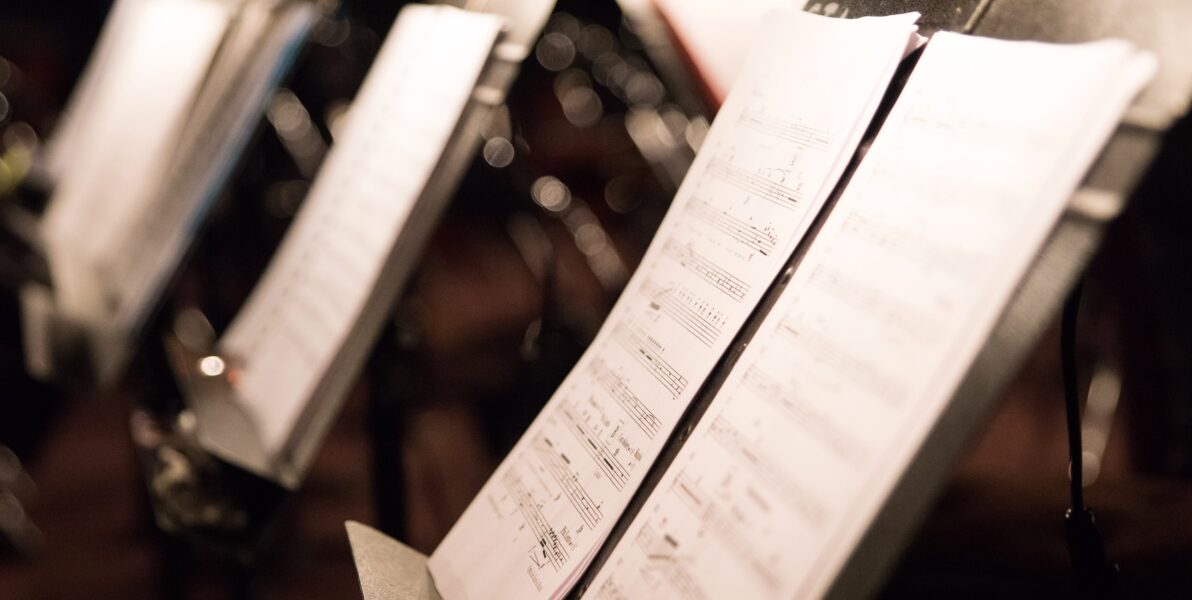Menu

Skipton Music is thrilled to welcome back Kathryn Stott who once again brings an emerging international artist to complete our series of concerts as she accompanies the Norwegian trumpet virtuoso Tine Thing Helseth.
Trumpet and Piano is not an easy combination for a full scale recital.
Many of the items were transcriptions of songs. Songs have words, a trumpet does not and so it is up to the player to ‘play the words'. Even singers tend to forget that the words are crucial and apart from some notable instances like Mendelssohn, and Holst, the voice is aided by the lyric. Miss Helseth injected atmosphere and expression with a seemingly effortless grace and impeccable technique.
The accompanist has an equally difficult task. In the case of vocal music the rule is not to drown the singer so that the words are audible as they carry a message. However the trumpet is generally louder than the average vocal line and so the dynamics have to be adjusted accordingly, consequently the job of contributing to the mood and style of the original song is equally as taxing as that of the soloist. Miss Stott provided a perfect balance and without stealing the limelight, she also conveyed her virtuosity.
"Legende" by Enescu gave us magnificently controlled long phrases from the trumpet with perfectly balanced chords in the piano.
"Helical Strake" by Fitkin was a tour de force of stamina for both players. It was a challenging piece which never seemed to allow a relaxing moment for either artist. The rapidly repeated notes on the piano were a tribute not only to Miss Stott but the quick action of the Society's instrument. To follow this item with Hindemith's Trumpet Sonata was a tribute to the assured partnership of the players. It was a wonderful performance, where once again we were made aware of Miss Helseth's breathing and phrasing and Miss Stott's command of the instrument.
Ravel's setting of Alvi's "Kaddisch" began with the trumpet offstage. It was a most moving execution of this deceptively simple music.
I had been looking forward to Sibelius's "Five Songs", but following the "Kaddisch" the music didn't quite meet my expectations.
De Falla's "Seven Popular Spanish Dances" proved to be exciting and full of Andalusian passion whilst "Three Songs" by Kurt Weill were a fitting conclusion to a truly memorable evening.
Adrienne Fox